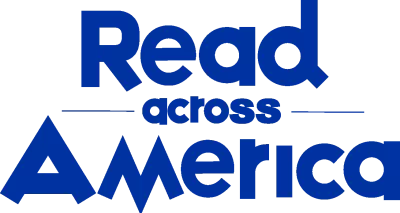Share this book
After reading A Dangerous Idea, have students dive deeper into the rhetoric and charisma of William Jennings Bryan and Clarence Darrow while examining how important societal issues are tried in the court of public opinion—then and now.
Using the book as a springboard for research, have students delve into editorials, speeches, and other writings by Bryan and Darrow with an eye toward developing a social media profile, bio, and posts for each figure. Students should review and analyze the history of how Darrow and Bryan sparred in the press and through public debates over evolution and biblical literalism and then reimagine their arguments as social media content. Have pairs or small groups work together to develop posts, comments from other figures, graphics, memes, short videos, or whatever they think best conveys the personalities, arguments, and reactions of Bryan and Darrow.
As they share their creations with the class, lead a discussion on how well their content captures the spirit and positions of Bryan and Darrow, the challenges of turning complex arguments into bite-sized, shareable content, and how media of all kinds shape public debates and perceptions.
Questions for Discussion or Reflective Writing
- What were the motivations of local leaders and the community in prosecuting John Scopes? Give other current or historic examples of using controversy for economic, social, or political gain.
- Why was the American Civil Liberties Union interested in challenging the Butler Act? What does this tell you about using legal cases to create social change?
- How did the personalities and beliefs of Clarence Darrow and William Jennings Bryan shape the Scopes trial? How did their arguments reflect the broader conflict between science and religion? What can we learn from their approaches to public debate?
- What role did the media play in shaping public perceptions of evolution during the Scopes trial? How might media coverage impact the way we understand complex issues like science education? How does this relate to modern media influence on public opinion?
- Why was Scopes found guilty? Were you surprised that Scopes was found guilty? Why or why not? Do you think the outcome of the trial would be the same if it were tried today? Why or why not?
- How do the events leading up to and including the trial in Dayton, Tennessee, mirror the current landscape? How have the debates about learning, science, religion, and public school changed or not changed since the trial? How have both science and state and federal law evolved throughout the continuing fight over teaching evolution in public schools?
- What are your thoughts about the issues raised by the Scopes trial: What role does religion play in society? How much influence should religion have on laws? Should the government control what is taught in public schools? Why or why not? Who should control what is taught in public schools? Why do you think that? What is the role of public education in society? Why is this important? Is it important that there are options in education? Why or why not?
Related Resources
Ready, Set, Write…That First Sentence with Debbie Levy from Bloomsbury
Of Monkeys and Men: Public and Private Views from the Scopes Trial digital collection from the University of Tennessee Libraries
Scopes Monkey Trial 1925 - Complete Trial Transcripts from Professor Joe Cain
The Scopes Trial Redefined Science Journalism and Shaped It to What It Is Today from Smithsonian Magazine
More Titles to Try
-
Charles and Emma: The Darwins' Leap of Faith
Deborah Heiligman
-
Discovering Life's Story: The Evolution of an Idea
Joy Hakim
-
Monkey Town: The Summer of the Scopes Trial
Ronald Kidd
-
The Monkey Trial: John Scopes and the Battle Over Teaching Evolution
Anita Sanchez
-
Ringside, 1925: Views From the Scopes Trial: A Novel
Jen Bryant
Stay on top of current education news



